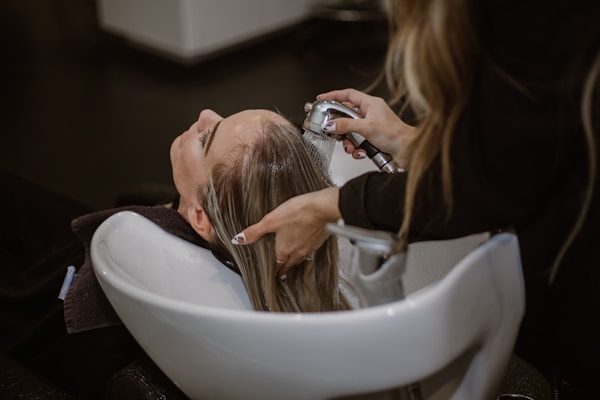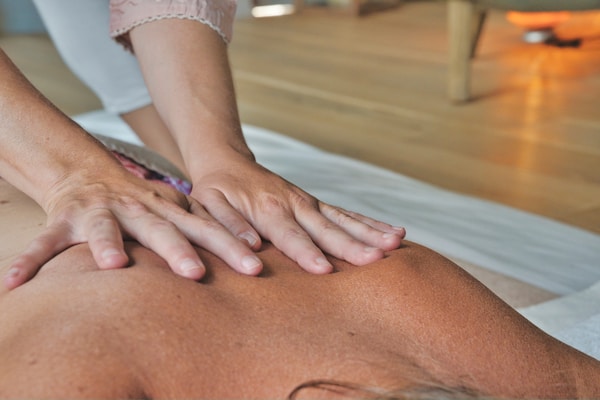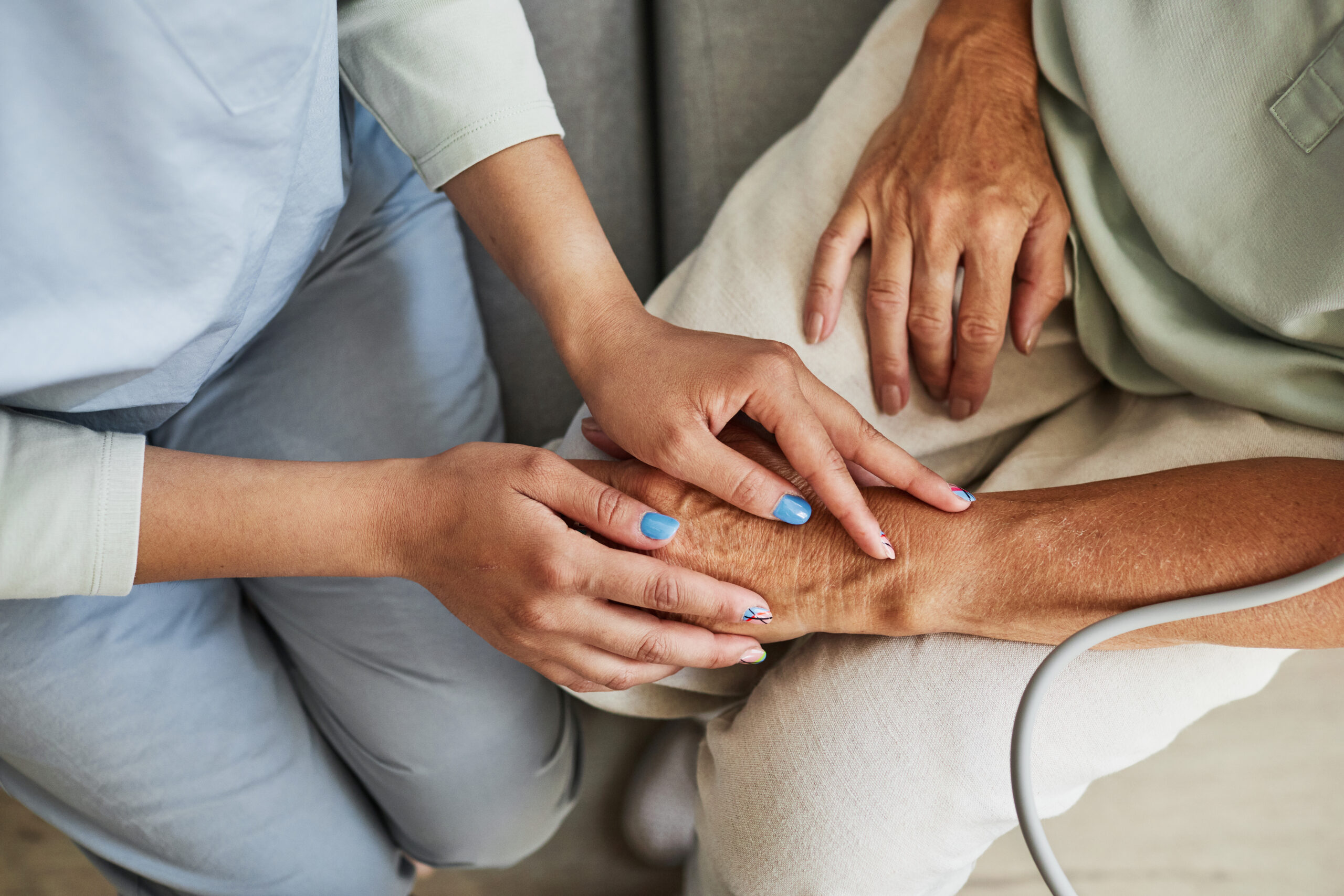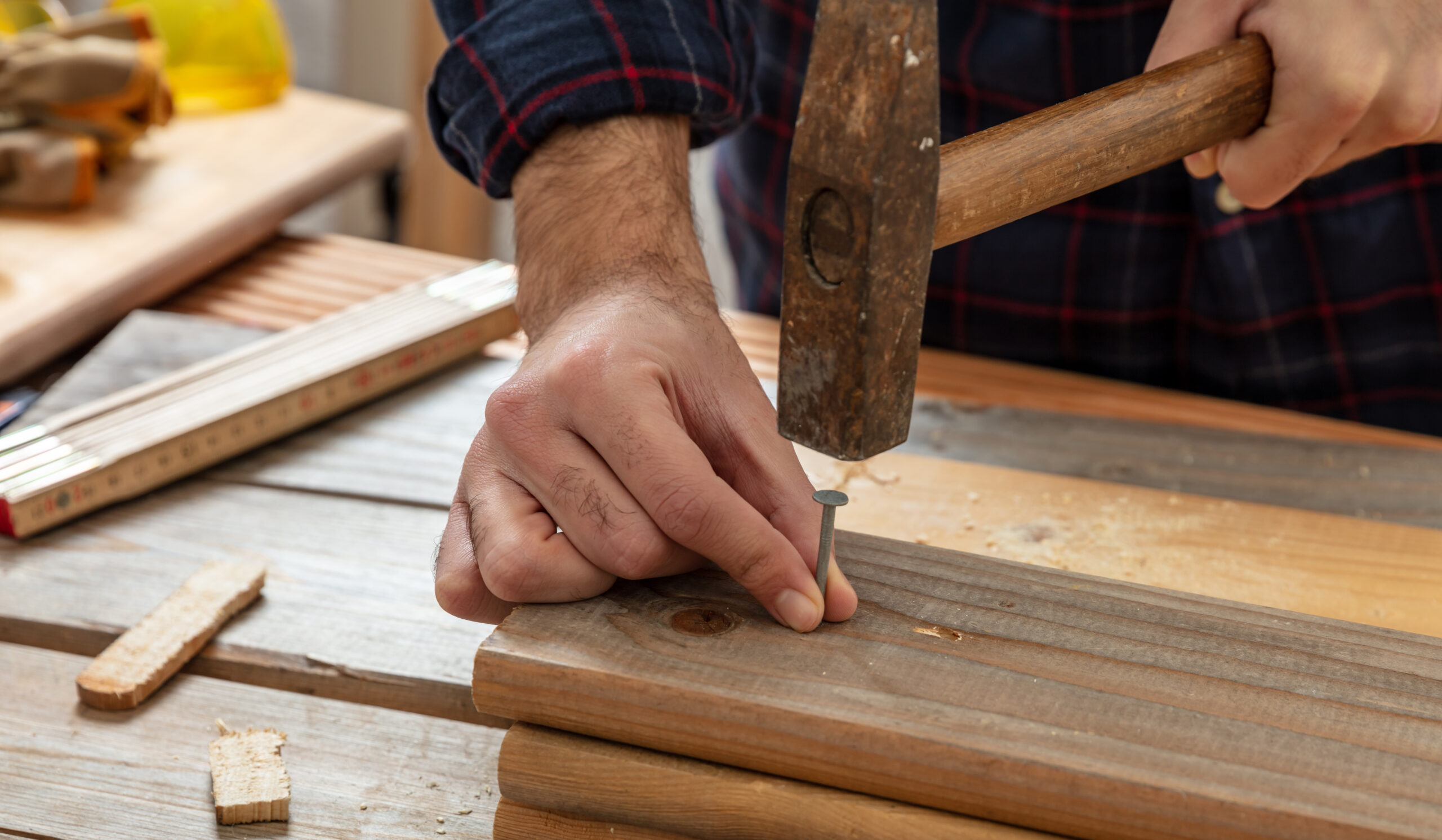Beauty care is often seen as a luxury, and for people with disabilities, it can be an important part of their care routine. Beauty care can help those with disabilities feel more confident and comfortable in their own skin. Keep reading to learn more about the benefits of beauty care for patients with disabilities.
Opportunities To Develop Relationships
One of the benefits of beauty care for people with disabilities is that it provides more opportunities for relationship development. According to a leading in-home care provider in Beaverton, OR, patients are often more likely to interact with their caregivers and other patients when they are feeling good about their appearance.
Beauty care can also help boost self-esteem and confidence, which can lead to better communication and socialization. When visiting a salon, individuals have the opportunity to not only interact with customers but with stylists and other beauty providers as well.
If someone is unable to travel, in-home services are also available to provide beauty care in the comfort of the person’s own home. With in-home services, people who are differently abled have the chance to receive a type of care that is usually out of reach.
More Social Interactions

Beauty care can also help patients feel more confident and comfortable in social situations, which can lead to better communication. If you’re looking for affordable beauty and salon care options, try contacting your local cosmetology school. Cosmetology schools often provide discounted services performed by students who need hands-on experience and training.
You can search online for a local beauty school to see what services they offer and if they can accommodate special needs. If you live in Chubbuck, ID, for instance, try searching “cosmetology school in Chubbuck, ID” to find a school in your area.
Ultimately, beauty care can help people with disabilities connect with others on a deeper level, which can be incredibly beneficial for their overall wellbeing.
Improved Self-Esteem
Self-esteem is a personal judgment of worth or value. People with high self-esteem view themselves as valuable and “good,” while those with low self-esteem see themselves as unworthy and “bad.” People with disabilities often have lower self-esteem than those without disabilities due to social attitudes and stigma.
Beauty care can improve self-esteem by helping patients feel more comfortable in their own skin. When we don’t like how we look, it can be very damaging to our self-esteem. Beauty treatments such as massage, aromatherapy, and facials can help us feel more relaxed and comfortable in our skin, which can lead to an increase in self-worth (Lopez et al., 2009).
Beauty care can boost the confidence of individuals with physical limitations, which in turn allows them to participate more fully in life. Services such as hair styling, manicures, and pedicures can make a big difference in the lives of patients with disabilities and enable them to feel more like everyone else.
Better Physical and Mental Health

Beauty care is also a great way to improve physical health. Treatments like massage and aromatherapy can help relieve tension and stress, which can have a positive impact on the patient’s overall health. In addition, beauty treatments that involve heat or cold can help reduce inflammation and pain.
Mental health can also benefit from beauty care. People who are differently abled often experience anxiety and depression, which can be relieved through treatments like massage and aromatherapy. In addition, therapies like yoga and meditation can help promote relaxation and peace of mind.
The benefits of beauty care for patients with disabilities are extensive. Patients feel more comfortable and confident in their appearance, which can lead to increased self-esteem and improved quality of life. Beauty care can also help patients feel more accepted and included in society and provides opportunities for individuals to develop relationships and socialize.


















